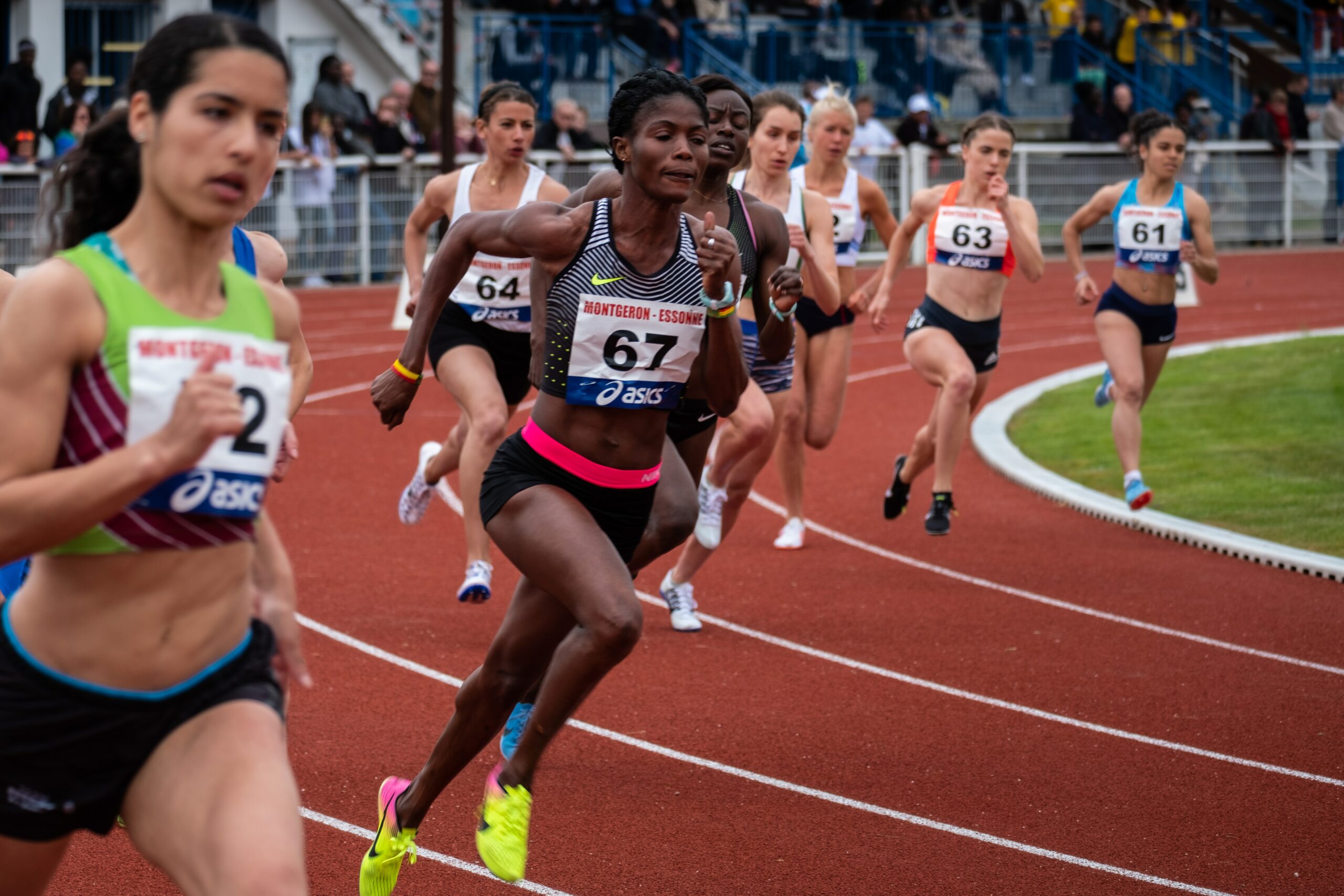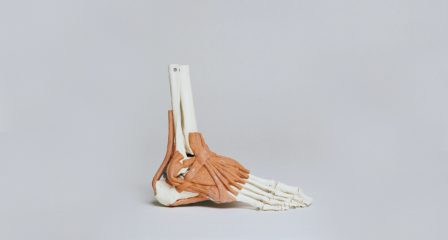Women have been participating in sport for quite some time now, however, evidence is still emerging on the physiological differences between men and women and how this affects athletic performance. There are still gaps in the evidence, but we need to acknowledge that women are not just small men. Please note, for the purpose of this blog we consider females as those who have female hormones and female reproductive systems. We acknowledge that not all people with female hormones identify as being female.
THE MENSTRUAL CYCLE & SPORT:
- 41% of 14-16yo say their periods stop them from taking part in sport altogether.
- 81% of women and girls have never discussed their menstrual cycle with their coach.
- 72% of women and girls report not receiving any education about their menstrual cycle in relation to sporting performance.
One of the key differences between men and women are the fluctuations of hormones that occur with the menstrual cycle. We know that at some stages of the cycle women are at higher risk of injury and there are some women who find that their menstrual cycles affect their performance. Having open discussions about how menstruation affects an athlete may significantly affect their ability to perform. Things to consider include:
- During menstruation women may find:
- Exercise may help as it improves mood and can help manage symptoms.
- They need more recovery time. It is hypothesized that there is an increase in inflammation during menstruation which may affect recovery timeframes.
- Managing the physical aspect of their menstruation (ie. if they need to change their sanitary product during training) difficult.
- During ovulation women have a potential increased injury risk secondary to ligament laxity.
- The week prior to menstruation women may find:
- They have an increase in pre-menstrual symptoms which can reduce motivation to train and perform.
- They have disturbed sleep which may further affect performance, motivation and recovery.
While these aspects of the menstrual period often can’t be changed, there may be ways athletes can manage and structure their training to ensure these monthly fluctuations have the smallest possible impact on training blocks. An example of this would be a runner training for a marathon who times their deload week with the week they feel most poorly during their cycle. This is something which is significantly easier to do in individual sports.
As athletes, it is important to identify if there are certain times during your cycle that you find symptoms associated with your menstrual cycle affect your performance. This means tracking your cycle and any associated symptoms you experience. If there are consistencies month-to- month, these may be worth discussing with your coach.
MENSTRUAL HEALTH:
As females, menstrual health is one area which is often not openly discussed; however, it can often give us an indication of whether or not your body is tolerating the training load you are completing. Any changes to your normal monthly cycle – whether it be longer, shorter or absent – should be noted and monitored. Consistent changes or fluctuations in your menstrual cycle can be an indication that your body is not tolerating your training loads. If this is ongoing, you can be at higher risk of certain injuries and there can also be serious, long term health effects.
You should visit your doctor if you have:
- An absence of periods:
- Primary – your menstrual period hasn’t started by 15 years old.
- Secondary – your menstrual periods started and then stopped.
- Irregular periods – 10-12 menstrual periods a year is considered normal. If you have less than that (4-9), further investigations should be done.
- Pain – anything that limits your ability to complete normal, daily activities.
- Bleeding between cycles.
- Premenstrual syndrome (PMS) – this is important as it may affect performance.
- PMS can affect energy (more fatigued), mood, bloating, appetite, and breast tissue.
- Heavy bleeding – If you have large clots, or have to change products hourly.
These symptoms would not be considered aspects of normal menstruation, if you feel you are not being appropriately managed by your doctor you can ask for a referral to a specialist (gynaecologist) or seek a second opinion from a different doctor.
THE PELVIC FLOOR:
There are physiological differences between the male and female pelvic floor that makes the female pelvic floor more susceptible to dysfunction, however, men can also experience pelvic floor disorders. While this blog is discussing considerations for the female athlete, many of these points are relevant for men with pelvic floor dysfunction.
75% of female athletes who HAVEN’T had children experience stress urinary incontinence (urinary leakage) with rope skipping.
While this is common, it is not normal. The pelvic floor maintains continence, supports the pelvic organs and has a role in sexual function. A dysfunctional pelvic floor is one that isn’t able to do these three things effectively with your normal daily load – for athletes this includes your normal exercise/training load. Often, this dysfunction can easily be managed, but, if left unmanaged the dysfunction will often get progressively worse or will be a major contributing factor to the development of other injuries.
Pelvic floor exercises can be quite difficult to do properly, and, often the problem isn’t that the muscles are weak. The pelvic floor can also be hypertonic (overactive) which can sometimes lead to it fatiguing or unable to create a maximal contraction when it is needed (ie. when running/jumping). Having a discussion with your physio or a women’s health physio may be appropriate to improve your pelvic floor function.
IN SUMMARY:
The main considerations for athletic females usually surround menstrual health and pelvic floor function. If there is dysfunction to either of these, athletic performance can be negatively impacted. If you feel you have menstrual or pelvic floor dysfunction, please seek further assistance from an appropriate health professional. For more information, please get in touch with our Physio Liz who may be able to assist further.
Written by Physiotherapist, Liz Quinn.



